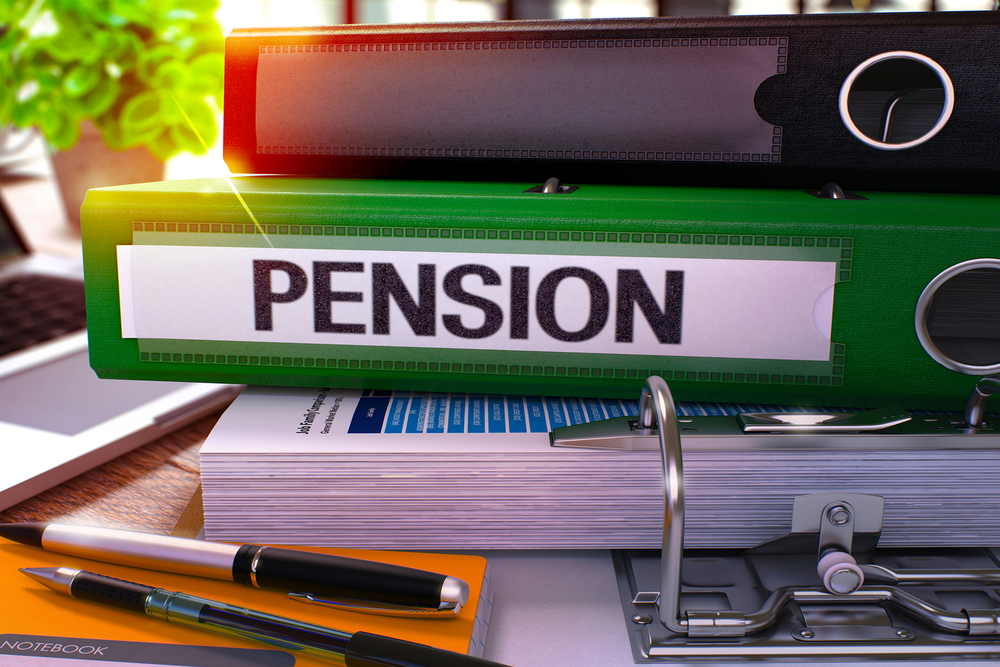The article “How To Avoid A Pension Clawback From A One-Time Event” was originally published on March 19, 2019.
Mike wants to know what can be done to avoid a reduction in government pension income due to a one-time event.
Q: Are you aware of the “one-time event” in the CPP and CRA regulation that avoids any clawback of the OAS/CPP if your revenues exceed the threshold due to a one-time event?
– Mike
A: I find there is a lot of misunderstanding about the clawback of government pensions. Some people aren’t clear on how the clawback works, and others aren’t aware there is a clawback and that steps can be taken to avoid losing government pensions.
Once you have started your Canada Pension Plan (CPP) retirement pension or Old Age Security (OAS) pension, if your income is too high, you can indeed miss out on government benefits, Mike.
The OAS has a pension recovery tax – commonly called OAS clawback – if your income exceeds $77,580 in 2019. The “income” in question is your net income on line 236 of your tax return, which is your total income less certain eligible tax deductions.
If your income exceeds $77,580, your OAS pension will be reduced for the next July to June monthly payment period. The reduction is 15 per cent of the excess. So, if your income exceeds the threshold by $10,000 – $87,580, for example – the reduction in your OAS pension for the subsequent year would be $1,500.
The OAS pension is completely clawed back when net income exceeds $125,696 in 2019.
It is important to note that this reduction is temporary and lasts for just one year. If your income is lower in a subsequent year, your OAS may not be clawed back. It is an annual determination.
If your income is high due to a one-time event, or the reduction of your pension may cause financial hardship, you can ask the Canada Revenue Agency (CRA) to review your situation, Mike.
You can submit form T1213OAS – Request to Reduce Old Age Security Recovery Tax at Source to the CRA if you estimate that your income for the current year will be lower than the previous year. Before submitting the request, your tax return for the previous year must be filed, and you must have already received your notice of assessment.
So, if you expect to be in this situation, Mike, file your tax return early, so that your T1213 form can be filed and approved before OAS clawback starts in July. CRA estimates the processing time for the form at 2 months.
It’s important to note that any clawback of OAS is not a permanent loss in OAS entitlement, neither for the current or future years. OAS clawback is simply withholding tax on your pension income, just like the tax withheld on salary or other pensions. It is credited on your subsequent year’s income tax filing as a prepayment of tax. Therefore, it is not that you necessarily lose the income, just that more tax is withheld and less deposited into your bank account.
As stated previously, OAS clawback is a potential annual occurrence, and doesn’t cause your pension to be permanently reduced. There are steps that can be taken to reduce your income, maximize your OAS pension, or spread certain types of income over more years. OAS clawback planning can be complex and depends on your personal situation.
The Canada Pension Plan (CPP) retirement pension is not subject to any clawback, Mike. It is, of course, taxable, and the higher your income, the more tax payable on your CPP and other sources of income.
There can be confusion amongst Defined Benefit (DB) pension plan members about how CPP integration works. Some pension plans pay higher amounts to pensioners who start their pensions before age 65 and reduce their pensions after age 65. This is based on a notional integration of a DB pension with CPP, on the assumption that most pensioners will have other pensions starting at age 65 (or later) and may need more DB pension income before age 65 and before these other pensions start.
This CPP integration has nothing to do with the timing of starting your CPP or OAS pensions, nor does it change the amount of your DB, CPP or OAS pension at all. It’s just an arbitrary formula that a pension plan uses that has nothing to do with your actual government decisions and income.
Having worked with thousands of clients over my career, I can attest to the fact that many people, including those close to or already into retirement, have gaps in their knowledge about their pensions. An important part of retirement planning is knowing how much income you will have, how much tax you will pay, and how to maximize your after-tax retirement income. Those who plan ahead will feel more comfortable as they approach retirement and reduce the risk of saving too little or working too long.
Jason Heath is a fee-only, advice-only Certified Financial Planner (CFP) at Objective Financial Partners Inc. in Toronto, Ontario. He does not sell any financial products whatsoever.

